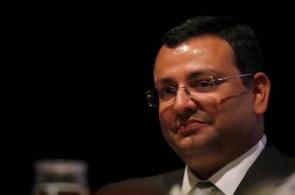 | « Back to article | Print this article |
Tata Industries will invest $5 million in a new Tel Aviv University (TAU) technology fund, saying it saw the university as its Israeli research and development centre. Tata, part of Indian conglomerate Tata Group, will be the lead investor in a planned $20 million fund at TAU's technology transfer company Ramot aimed at commercialising their research.
Tata, part of Indian conglomerate Tata Group, will be the lead investor in a planned $20 million fund at TAU's technology transfer company Ramot aimed at commercialising their research.
"For Tata, we ... see innovation and R&D as an area of focus and a source of competitive advantage going forward," Rameshwar Jamwal, executive director at Tata Industries, told reporters on Monday.
Jamwal said it was Tata's first major investment in Israel and that it would likely invest further.
"This is our attempt to scout Israeli technology more deeply," he said. "This allows us over a period of time to show our commitment to Israel but we are interested in doing more."
Tata
